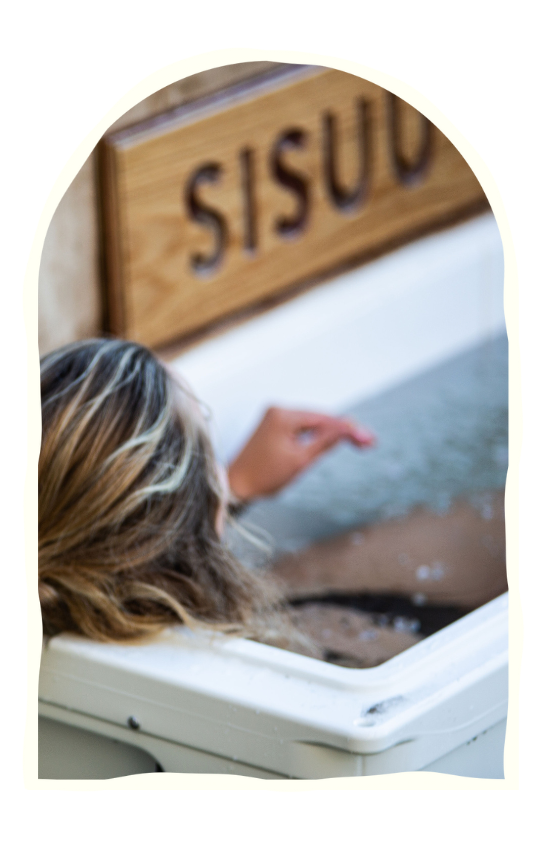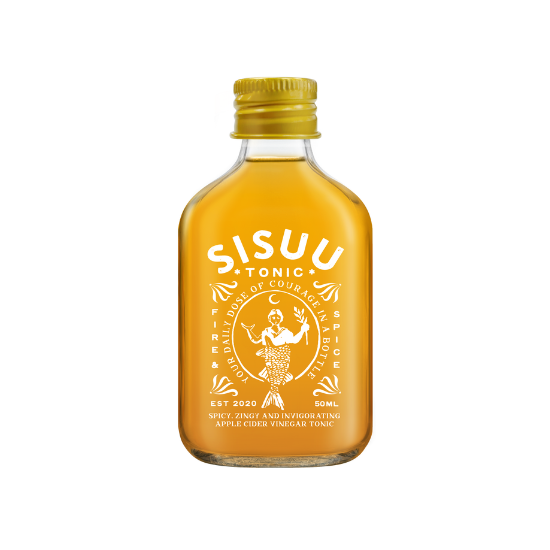
Why Should Athletes Take Ice Baths?
People have long looked to water as a healing source. Not only is clean, potable water essential for human life to survive and thrive, but water can also have the power to soothe us, relax us, and clear our mind when it’s full of clutter.
Why is water so powerful? The answer to this is multi-faceted.
Water certainly represents an element of mystery and the unknown, but some things are for certain. Soaking in H2O is associated with strong therapeutic value. For example, you might had the chance to visit a natural hot spring where water combines with other Earthly elements like naturally occurring Sulphur or iron to provide a restorative effect.
But what about COLD water? Soaking in cold water might not be something you think of doing. History and science have shown, however, that ice baths can garner an especially healing result when done right, and this is certainly true if you’re an athlete.
So why do athletes take ice baths? Here’s a look at what ice baths can do for your muscles and why everyone from surfers, runners and rugby players should be plunging in.
Why Should Athletes Take Ice Baths?
Ice baths have many different purposes. Athletes often take ice baths to alleviate the pain of sore muscles and to help reduce inflammation after a workout. But an ice bath can do more than this.
Scientific studies have shown that exposure to cold water can increase the number of white blood cells in your body. Your white blood cells come in various forms and they help your body fight off infections and illness as part of your immune system.
Some researchers believe your white blood cell count increases in cold water in relation to your metabolism increasing as well.
Ice bathing also benefits your state of mind. Jumping into ice cold water, if only for a few minutes, definitely takes a certain mindset! You have to be ready to face what can be an uncomfortable sensation, at least at first. In this way, ice bathing can strengthen your willpower and thinking.
And, who can pass up the power of cold water to wake you up? This is because ice water stimulates your body to take deeper breaths and can thereby decrease the levels of CO2 in your body.
Take an ice bath in the morning and be ready to face your day!
How Long Should You Sit in an Ice Bath?
Many runners like to bathe in ice water after a long workout. Experienced runners recommend cold-based therapy after a long run, or distance training. Also called cryotherapy, an ice bath after running can slow your body’s metabolic activity.
As described above, ice plunging can help reduce swelling in your muscles and the breakdown of tissues. As such, cold-water immersion after running can potentially help in your recovery process. You’ll need to be strategic and plan your baths according to the type of workout you plan on doing. Some days might call for heat therapy and others, cold.
Really, how long you sit in an ice bath depends a lot on your comfort level. We can’t tell you to stay put or get out. Listen to your own body and do what feels right.
This being said, you’ll want to strike a balance. Don’t stay in your ice bath longer than about 15 minutes for best results. A plunge of 2-10 minutes can be ideal. For those just starting off, try shorter dips and build up to longer ones. As we said, go with your comfort level and pay attention to what your muscles and core are telling you. If you feel extreme discomfort, get out. Loving it? Stay in a bit longer!
Will an Ice Bath Help Athletes Recover After Exercise?
When you exercise and challenge your muscles with a tough workout, nutrients and fluids flow into your muscles to repair them, making you stronger. Muscle soreness is caused by the buildup of lactic acid in your muscles, which is a by-product of your muscle metabolism. This type of soreness sets in after a workout and is called delayed onset muscle soreness, or DOM.
Swelling in your muscles post-workout can also be caused by the influx of white blood cells that act as an anti-inflammatory set to repair the microscopic damage that working out has caused.
Your body will naturally get rid of the lactic acid and white blood cell build up over time. When athletes bathe in ice water after exercise, it can help to slow the inflammation process down, helping them recover more quickly from workouts and reduce the chance of developing injuries.
Ice bathing is popular with athletes from all walks of life, including football players. As described, the practice promotes vasoconstriction, or the shrinking of your blood vessels, in order to better recuperate.
Why do athletes take ice baths? Simply put, ice baths are good for muscle recovery and this is something every athlete seeks.







